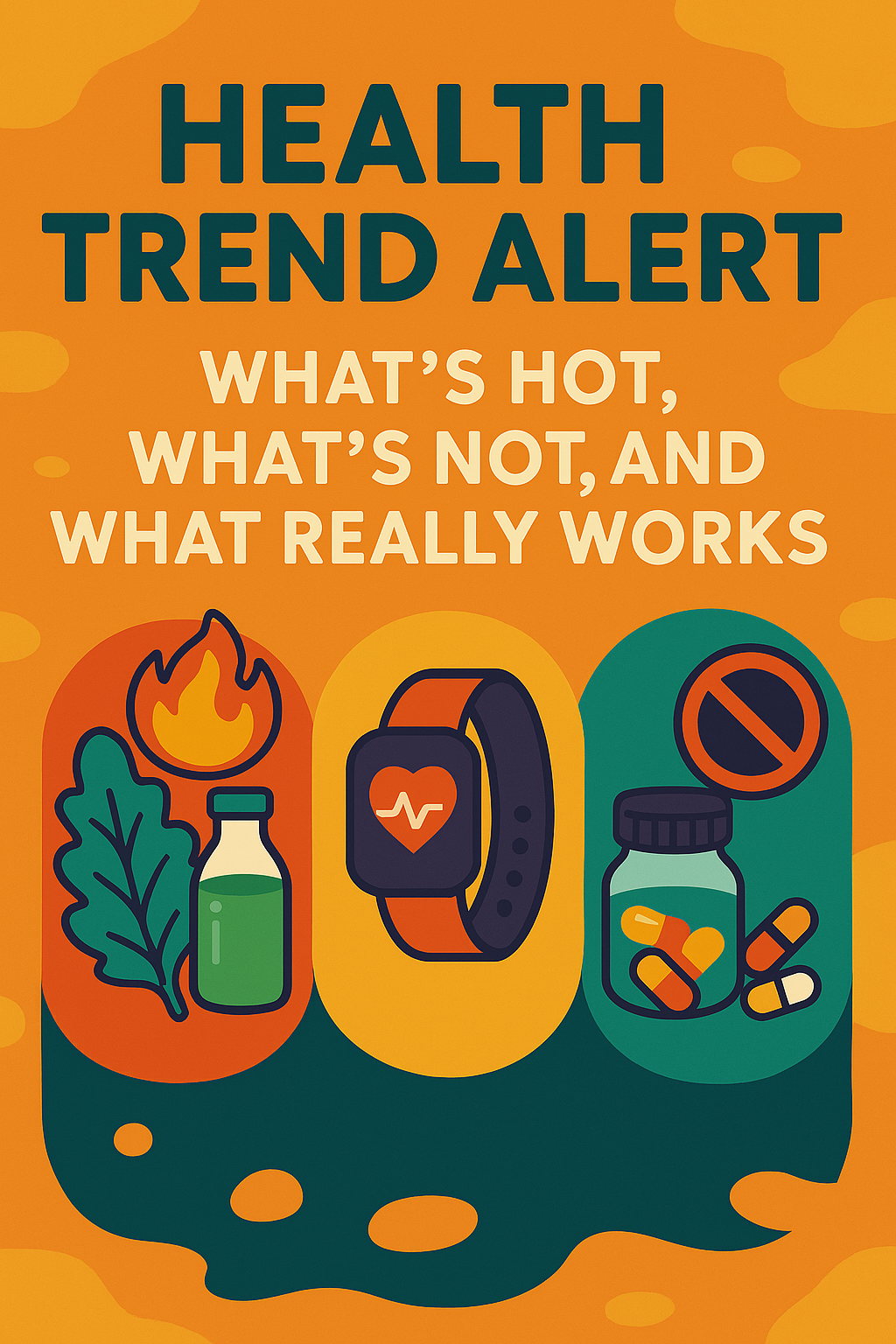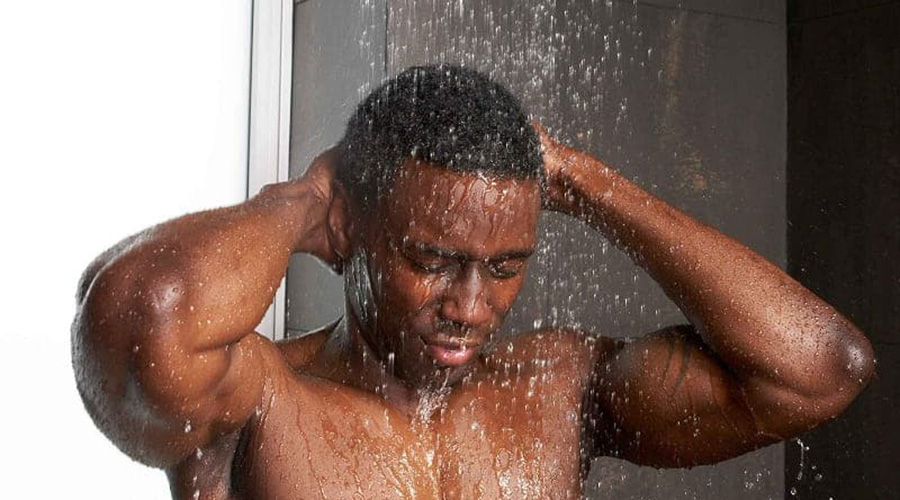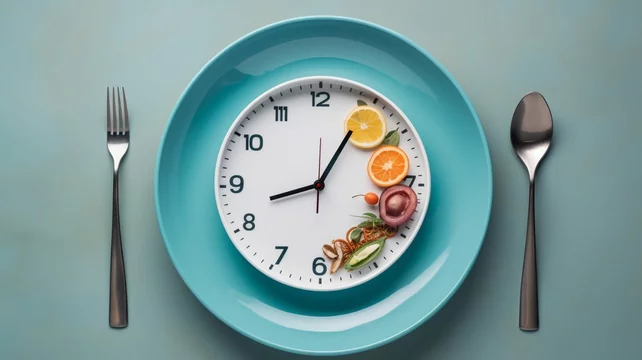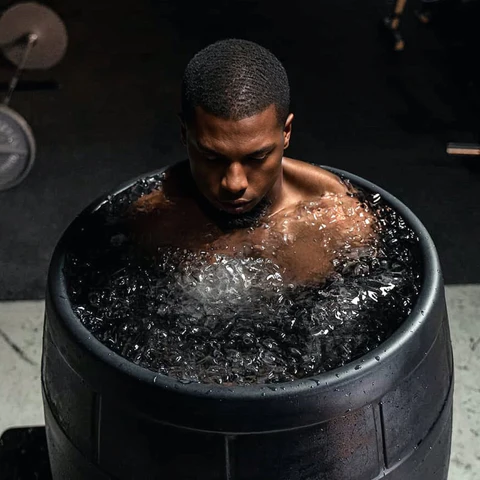
Every day, a new health trend is taking over social media. From plunging into icy cold showers to skipping breakfast in the name of intermittent fasting, people constantly search for the next best thing in wellness. But how many of these trends actually deliver on their promises? Does science back them, or are they just the latest fads that will fade away like diet pills from the early 2000s?
Take cold showers, for example—some say they boost immunity and improve mood, while others think they’re just an unnecessary shock to the system. On the other hand, intermittent fasting is hailed as a weight-loss miracle, but is it sustainable? And what about juice cleanses, keto diets, and even mouth taping for better sleep?
In this article, we’ll break down some of today’s most talked-about health trend, separate fact from fiction, and help you decide if they’re worth trying.
Cold Showers: Boosting Immunity or Just a Shock?

Cold showers have been making waves in the wellness community, with enthusiasts claiming they boost immunity, improve circulation, and even help with mental resilience. But is there real science behind this, or is it just another discomfort packaged as self-improvement?
First, let’s discuss the immediate effect. When cold water hits your body, your blood vessels constrict, and your heart rate increases—essentially, your body goes into a mild state of shock. This sudden reaction improves circulation and reduces muscle soreness, which is why athletes swear by ice baths after intense workouts.
Research also suggests that regular cold showers may strengthen the immune system by increasing white blood cell production. Some studies indicate they could help reduce stress and even symptoms of depression, as the shock triggers the release of endorphins. However, the benefits aren’t universal—cold exposure isn’t recommended for people with heart conditions or those prone to respiratory issues.
Do cold showers really work? The answer depends on what you’re hoping to achieve. They might be a great addition to your routine if you enjoy the invigorating feeling and don’t mind the discomfort. But if you’re expecting a life-changing health boost, the science is still inconclusive.
Read: How to Stay Energized and Healthy While Fasting
Intermittent Fasting: Weight Loss Miracle or Just a Fad?

Intermittent fasting (IF) has been marketed as a revolutionary approach to weight loss, metabolism improvement, and even longevity. But is it truly a game-changer, or just another diet trend in disguise?
At its core, intermittent fasting isn’t about what you eat but when you eat. The most popular methods include the 16:8 (fasting for 16 hours, eating within an 8-hour window), 5:2 (eating normally for five days, drastically reducing calories for two), and OMAD (One Meal A Day). Supporters argue that fasting breaks the digestive system, encourages fat burning, and reduces insulin levels, making it easier for the body to tap into stored fat.
Science does back some of these claims. Studies suggest that intermittent fasting can lead to weight loss, improved insulin sensitivity, and even cellular repair through a process called autophagy, where the body removes damaged cells. Some research also links fasting to a lower risk of diseases like Type 2 diabetes and heart conditions.
However, it’s not for everyone. Skipping meals can lead to irritability, fatigue, and binge eating, making it hard to sustain long-term. Those with underlying health conditions, especially blood sugar-related issues, should consult a doctor before trying it.
So, is intermittent fasting the real deal? It can be effective for weight loss and metabolic health if done correctly and suited to your lifestyle. But like any health trend, it’s not a one-size-fits-all solution.
Other Popular Health Trends: Are They Worth It?
Health trends come and go, but some stick around long enough to make us wonder if they actually work. From juice cleanses to keto diets and even mouth taping for sleep, let’s break down some of the most popular wellness trends and see if they live up to the hype.
1. Juice Cleanses – Detox or Sugar Overload?

Juice cleanses promise to “flush out toxins” and give your body a fresh start. The idea is simple: drink only fruit and vegetable juices for a few days, and you’ll feel lighter, more energized, and “clean” from the inside out.
Reality check? Your liver and kidneys already detox your body naturally, so juice cleanses aren’t doing much in that department. While they can be packed with vitamins, they’re also loaded with sugar and lack fiber, which can cause blood sugar spikes. If weight loss is the goal, any pounds lost are usually just water weight—and they come back quickly once you start eating normally again.
Verdict: A short juice cleanse won’t harm you, but it’s not a sustainable way to detox or lose weight.
2. Keto Diet – Fat Loss Powerhouse or Unsustainable?

The ketogenic diet (or keto) is a high-fat, low-carb diet that forces your body into a state of ketosis, where it burns fat for fuel instead of carbohydrates. It’s been praised for rapid weight loss, improved mental clarity, and potential benefits for Type 2 diabetes.
There’s science to back it up—keto can help lose fat, reduce cravings, and improve insulin sensitivity. However, it’s also incredibly restrictive. Cutting out most carbs means saying goodbye to bread, pasta, and some fruits. Many people struggle to stick with it long-term, and some experience “keto flu”, a period of fatigue, headaches, and irritability as the body adapts.
Verdict: It is effective for fat loss but not easy to maintain. It works best for those who can commit to a strict diet.
3. Mouth Taping for Better Sleep – Genius or Gimmick?
This trend involves literally taping your mouth shut before bed to encourage nose breathing instead of mouth breathing. The idea is that nose breathing improves oxygen intake, reduces snoring, and promotes better sleep quality.
Some experts say there’s truth to this—nose breathing can improve oxygen efficiency and even support oral health. However, taping your mouth shut while sleeping can be risky, especially for people with nasal congestion or sleep disorders. Plus, there’s little scientific research proving that mouth taping has a significant impact on sleep quality.
Verdict: This could work for some, but it’s not a must-try. If you struggle with mouth breathing at night, consult a doctor before trying this.
4. Ice Baths – Muscle Recovery or Just Extreme?

Athletes and biohackers swear by ice baths, claiming they speed up muscle recovery, reduce inflammation, and even boost mental resilience. The idea is that exposing your body to extreme cold helps reduce swelling and improve circulation.
Studies do show that cold exposure can help with muscle soreness and recovery, but the benefits aren’t as dramatic as some claim. Plus, sitting in freezing water is far from pleasant, and prolonged exposure can lead to risks like hypothermia.
Verdict: Helpful for athletes, but not essential for everyday wellness.
Read: Healthy Ways To Boost Your Mood Naturally
The Science of Health Trends: Why Do Some Work While Others Don’t?
Health trends often promise quick fixes, but their effectiveness depends on science, individual differences, and, surprisingly, the placebo effect.
Many trends, like intermittent fasting and keto, are backed by scientific research. They work because they trigger real physiological changes, such as improved insulin sensitivity or increased fat burning. Others, like juice cleanses, sound good in theory but lack strong evidence to support their claims. The body already detoxifies itself, making expensive juice regimens more about marketing than science.
Then there’s the placebo effect—if people believe something works, they often feel better, even if there’s no scientific basis. Cold showers, for example, might not drastically change your immune system, but the feeling of alertness and resilience can be enough to make them worthwhile for some.
The key takeaway? Not every trend is a scam, but not every one is a miracle, either. The best approach is to choose what aligns with your body, lifestyle, and, most importantly, science.
